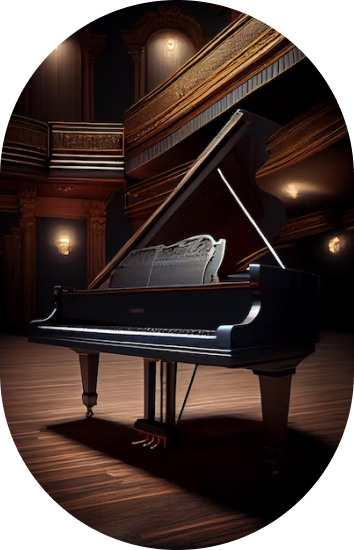For musicians, instruments are more than mere tools—they are extensions of their artistry, channels of expression, and often significant financial investments. Whether you're a seasoned professional or an enthusiastic amateur, protecting your instrument is crucial to preserving its quality, longevity, and performance. This guide provides comprehensive strategies for musician instrument protection, ensuring your beloved gear remains in top condition.
Invest in Quality Cases and Covers
One of the most fundamental steps in protecting musical instruments is investing in high-quality cases and covers. Hard cases, typically made of wood or molded plastic, offer robust protection against physical damage. They are ideal for traveling musicians as they safeguard against knocks, drops, and pressure. For daily use or short trips, padded gig bags provide convenience and basic protection. Ensure that the case or cover is the right fit for your instrument to prevent any movement inside that could cause damage.
Control the Environment
Environmental factors can significantly impact the condition of musical instruments. Temperature and humidity are particularly crucial. Extreme temperatures can warp wood, damage finishes, and affect the instrument's structural integrity. Humidity levels that are too high or too low can cause wood to expand or contract, leading to cracks or warping. Use a hygrometer to monitor humidity levels and consider using a humidifier or dehumidifier to maintain a stable environment. Ideally, keep humidity levels between 40-60% for most wooden instruments.
Regular Maintenance and Cleaning
Routine maintenance is key to ensuring the longevity of your instrument. Regularly clean your instrument to remove dust, sweat, and oils that can accumulate and cause damage over time. Use appropriate cleaning products designed for your specific instrument type. For string instruments, change strings regularly and check for any signs of wear or damage. Brass and woodwind instruments require periodic disassembly and cleaning to prevent buildup that can affect sound quality and playability. Professional servicing is recommended annually or biannually.
Safe Storage Practices
Proper storage is vital for instrument protection. Store your instrument in its case when not in use to protect it from dust, accidents, and environmental changes. Avoid placing instruments near windows, radiators, or in direct sunlight, as these can cause temperature and humidity fluctuations. Ensure the storage area is clean, dry, and free from pests. If you have multiple instruments, consider using a dedicated storage space to organize and protect them efficiently.
Insurance for Peace of Mind
Given the substantial investment often made in Musical Instrument Registration can provide invaluable peace of mind. Instrument insurance typically covers theft, loss, and accidental damage. Some policies also cover damage during transit and international travel. When selecting insurance, ensure it offers comprehensive coverage tailored to your needs as a musician. Document your instrument with detailed photos and appraisals to facilitate the claims process if needed.
Handle with Care
The simplest yet most effective way to protect your instrument is by handling it with care. Always wash your hands before playing to reduce the transfer of oils and dirt. Use proper techniques when assembling, disassembling, and transporting your instrument. Avoid exposing your instrument to sudden impacts, and be mindful of where you place it when not in use.
check out our site for more details.
Stolen Musical Instrument Registry






Comments